ASEWU special election measure aims at clearing gambling license hurdle
This year’s special election takes place on Jan. 30, with the three measures appearing on this year’s ballot having also been on last year’s.
January 24, 2018
For the second consecutive year, ASEWU is holding a special election on three different measures that would alter the body’s constitution, one of which could provide benefits for clubs and organizations on campus.
This year’s special election takes place on Jan. 30, with the three measures appearing on this year’s ballot having also been on last year’s. Despite each of the measures easily passing in 2017, two of which passed unanimously, the voter turnout level of just 1.53 percent was far below the required minimum of 10 percent in order for the measures to be implemented, according to Article VIII, Section I of the ASEWU Constitution. The measures also appeared on the 2017 general election ballot, but voter turnout still only reached 7.91 percent.
The first measure on the ballot would change the primary and general election schedule, allowing EWU’s semester students to participate in elections before their term ends. In 2017, the last day of the term for the spring semester was May 5, while the general election took place on May 9.
The second measure pertains to changing the title of the “Director of Finance” to “Finance Vice President,” which would put the title more in line with the rest of the executive branch.
The final measure on the ballot would add a dissolution statement to the ASEWU Constitution. While ASEWU has no plan to dissolve in the near or distant future, a dissolution statement is required under section 230-03-145 of the Washington Administrative Code in order for charitable and nonprofit organizations to apply for a gambling license. The license would allow for clubs and organizations on campus to fundraise with raffle tickets.
“So really it’s giving [clubs and organizations] more options for fundraising ideas,” Justin McBride, Director of Elections, said.
As well as requiring at least 10 percent of the eligible student body to vote, the ASEWU Constitution mandates that the measures must be approved by two-thirds of the voters. If both of the thresholds aren’t met, then it would be up to ASEWU Council members on whether or not to put the measures on the general election ballot to try and pass them again. McBride said he imagined the council would indeed try and get the measures on the general election.





![Simmons said the biggest reasons for her success this year were “God, hard work, and trusting [her] coach and what she has planned.”](https://theeasterner.org/wp-content/uploads/2024/05/image1-1-1200x800.jpg)

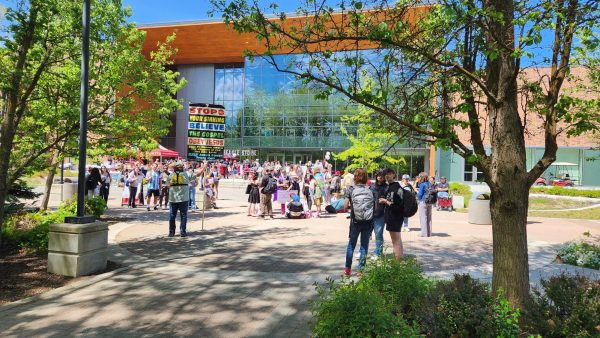

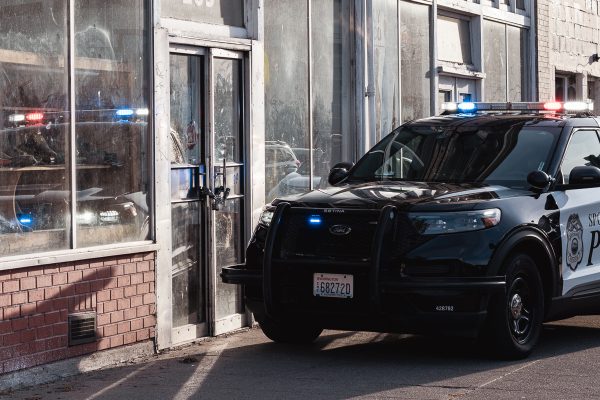
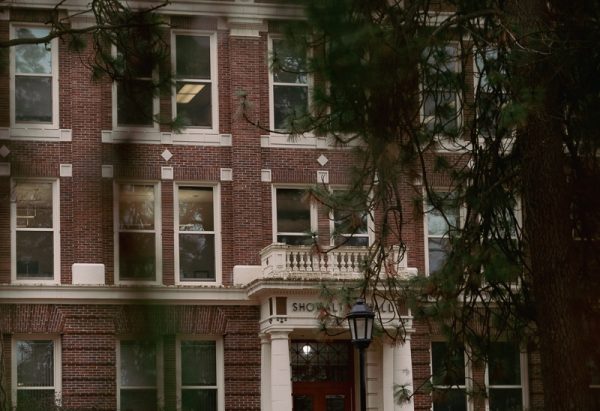

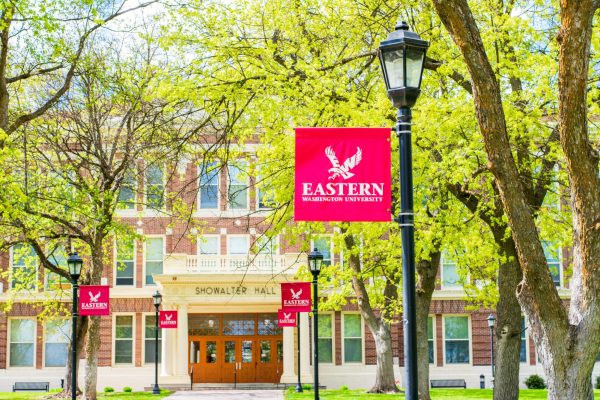
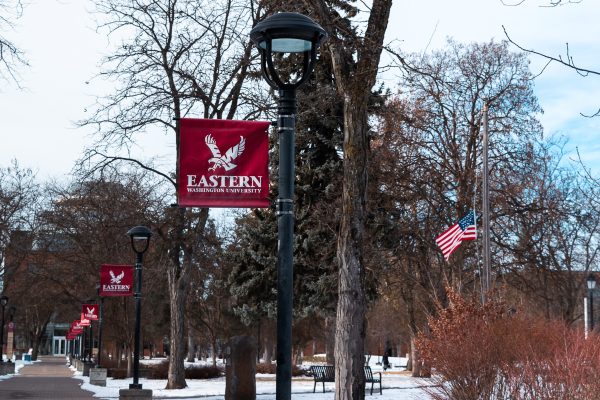
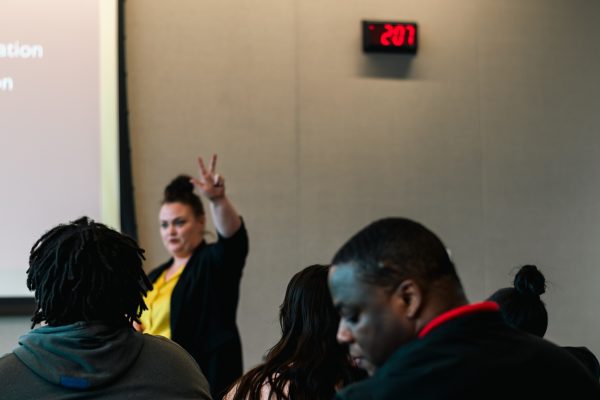
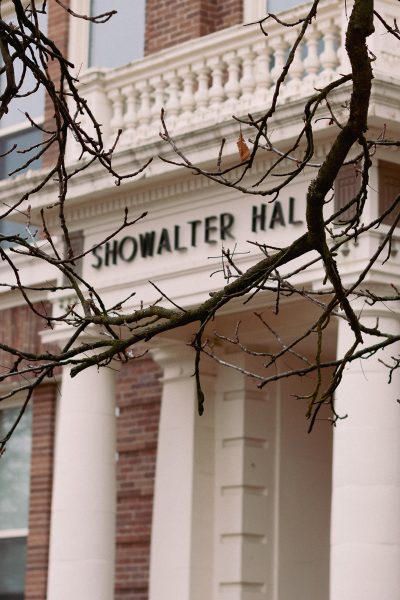

James Littleton • Jan 30, 2018 at 1:56 pm
You can vote today Jan 30th at vote.ewu.edu